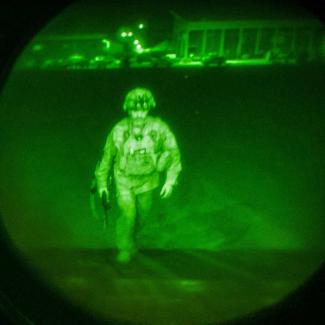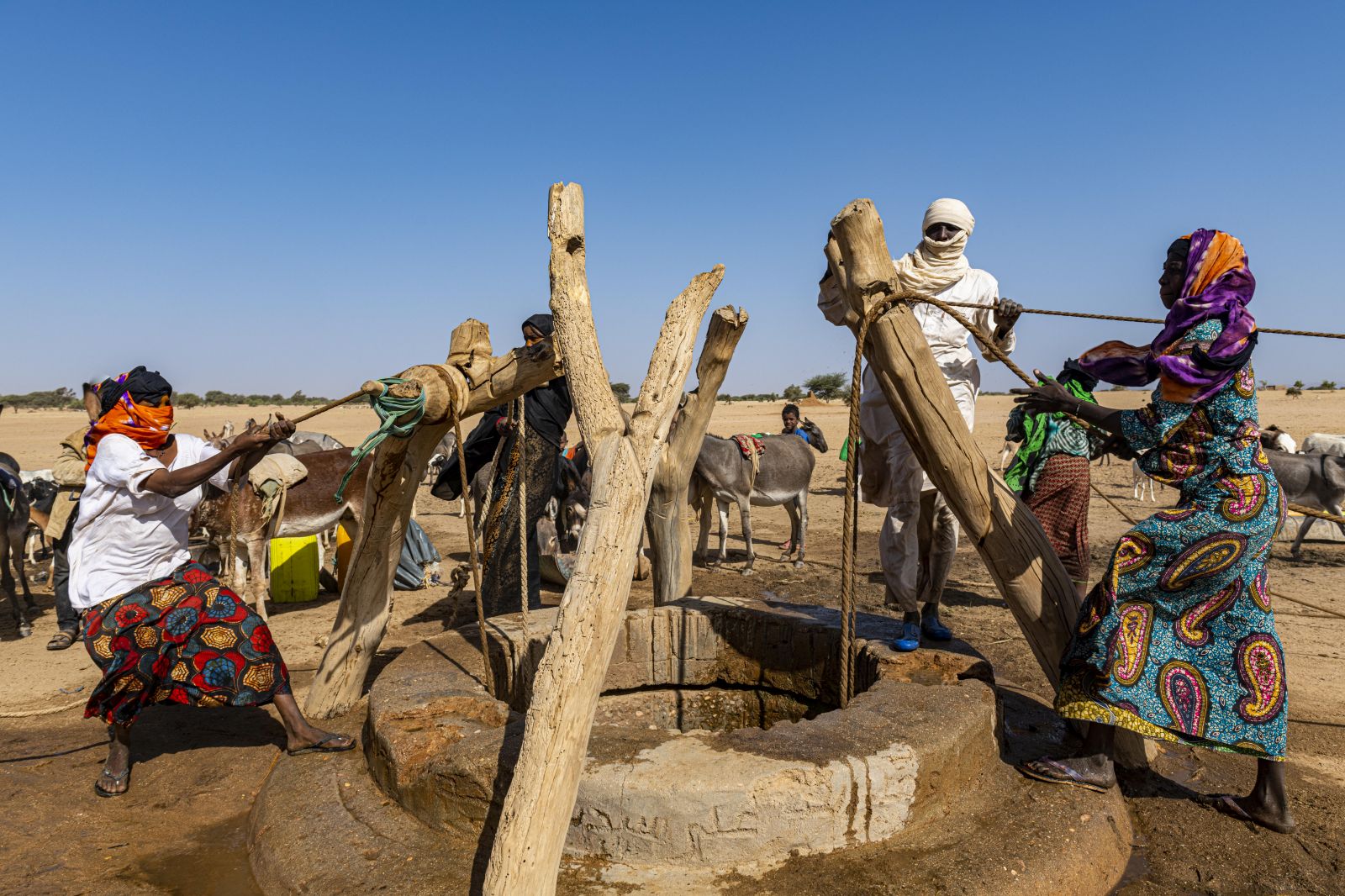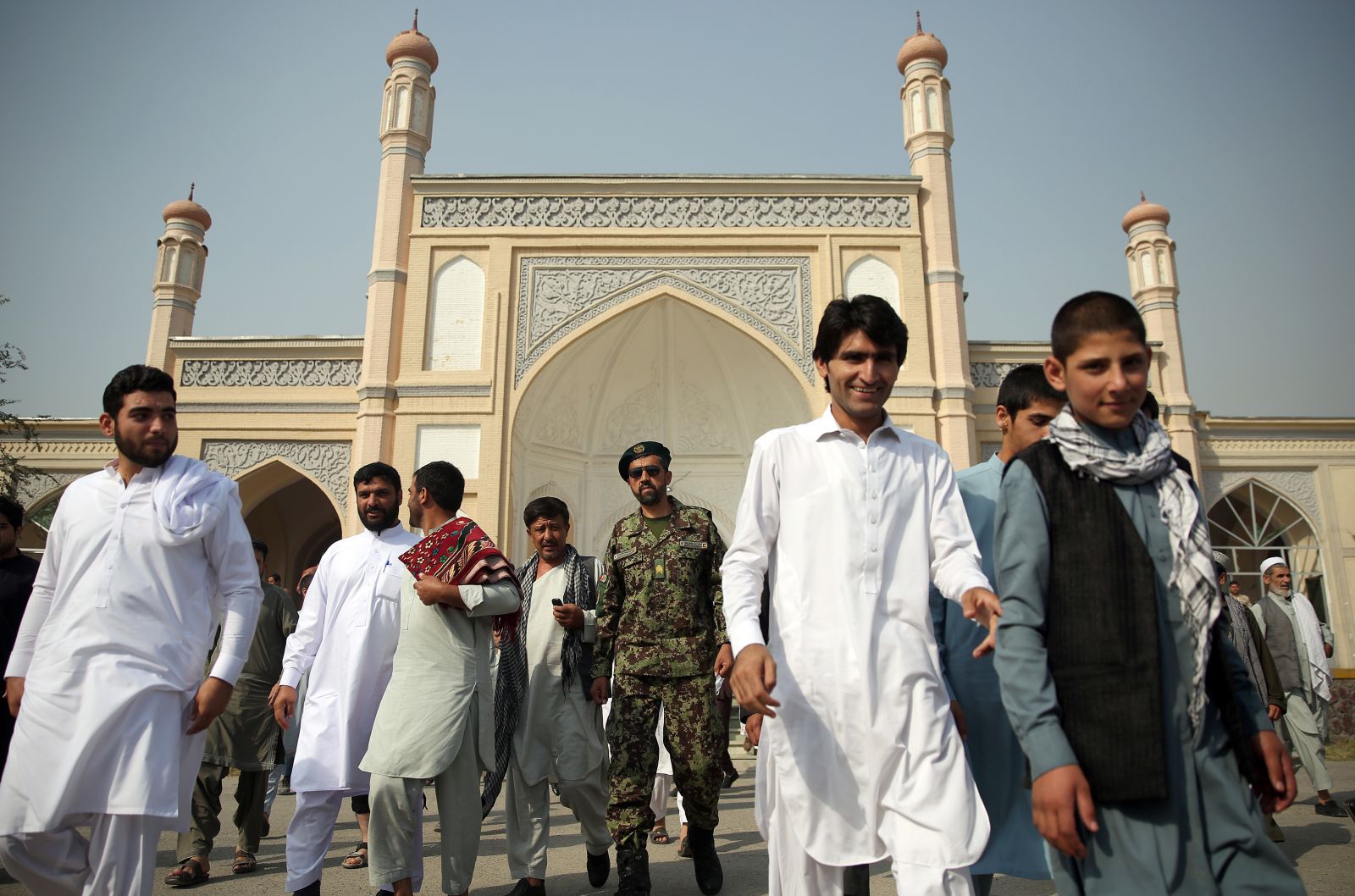Afghanistan
Broken promises and western failure in Afghanistan

Today, the common narrative is that it was wrong to try to build a modern, democratic Afghan state. As I remember it, however, the necessity of doing so was generally understood 20 years ago. After the attacks on New York and Washington DC of 11 September 2001, the goal was to ensure that Afghanistan would never become a safe haven for terrorists again. The implication was that a power vacuum was unacceptable.
Exactly, there was no other choice. That is what former officials of the Bush administration are still saying today. In 2001/2002 that view was shared internationally, including by NATO leaders and UN officials. Unfortunately, this insight did not make them draft a coherent state-building strategy. State building is a complex challenge and takes a lot of time, however. Institutions have to be established and consolidated step-by-step. Capable staff cannot simply be bought. To earn public trust, officers need training and considerable practical experience. However, we and our allies did not commit to long-term engagement.
To what extent was state building attempted in Afghanistan at all?
It varied from year to year. In the first five years, the focus was on political reconstruction in the sense of holding elections and passing a constitution. Both worked out fairly well. The constitution was based on Afghanistan’s 1964 constitution and updated by Afghans who represented the country’s people and understood its constitutional history. The constitution was Afghan owned rather than imposed by western powers. On the downside, there were no significant efforts to build infrastructure. Afghanistan badly needed roads, hospitals and schools, but also institutions such as law courts and municipal governments. Things changed somewhat in the years 2007 to 2011 when insurgents were gaining strength. In that period, much more was done to ramp up the legal system, develop rural areas and build administrative capacities. However, by that point, reconstruction efforts were rushed and thus often wasteful, the conflict further intensified, and international support later focused almost entirely on the Afghan army and police.
Did western allies fight or foster corruption?
They did both. The core problem was that they tried to do too much too fast, especially in the second phase that I just mentioned. A lot of money suddenly flowed into a very poor country that had recently been the world’s worst failed state and lacked competent institutions. The result was the rule of money. The illegal-drugs trade obviously added to the problems. Poppy cultivation began to expand fast from 2006 on, and by 2009 or so, the Taliban were relying on opium money. Others were involved in the drugs economy too, including influential leaders who officially supported the government. By the end of 2010, a destructive dynamic had set in. The focus was increasingly on fighting insurgents and not on reconstruction. The US administration lost faith in state building, which obviously became more difficult the more the conflict escalated.
Why did things go wrong?
Well, I think there were three major mistakes in the first two presidential administrations:
- President George W. Bush insisted on a “light footprint” right from the start. One reason was that he had a track record of disparaging notions of nation building. Donald Rumsfeld, his defense secretary, did not like the idea of deploying masses of soldiers for peacekeeping. Some NATO partners, moreover, were uncomfortable with military missions in a far-away country. Germany was a prominent example. As for the UN, its leaders were wary of assuming responsibility for running an entire country the way the UN had done in Cambodia, East Timor and Kosovo. “Light footprint” sounded attractive to all of them.
- The second major mistake was that Bush started the Iraq war in 2003. It devoured resources that could have been used in Afghanistan. It also distracted attention from Afghanistan, where things seemed to be going well in 2002/2003, though they were really not going well at all.
- President Barack Obama made the third mistake. Though he correctly promised a “civilian surge” to rebuild the country, he also kept saying he wanted to withdraw our troops. His timetable hurt state building, which requires long-term, open-ended commitment. Obama’s rhetoric, however, told everyone he was losing patience. Both the Taliban and our Afghan allies heard the message and began to plan accordingly. The Taliban became increasingly confident that they would eventually prevail, and our Afghan allies had incentives to hedge by siphoning off as much money as possible, but not to take the state-building agenda seriously.
In the later two administrations, I have nothing good to say about President Joe Biden’s withdrawal or about President Donald Trump’s peace negotiations with the Taliban, which bypassed our Afghan partners and placed no meaningful demands on the Taliban, but several decisive mistakes were made long before Trump or Biden took office.
What role did other western governments play?
Well, Washington basically called the shots. At first, the idea was that individual governments would assume specific responsibilities in Afghanistan, but a sense of frustration set in by 2006. The Bush administration felt that our allies were not doing enough, which was a bit unfair, because it wasn’t doing enough itself.
I find it bewildering that western leaders cared so little about the drugs economy. It accounts for up to 30 % of Afghanistan’s gross national product (GNP). Such a huge black market is incompatible with a modern state and the rule of law.
There were actually many proposals for solving the drugs problem. Some suggested saffron cultivation could be an alternative to poppy cultivation. Others said the international community should simply buy the entire harvest to produce medical morphine. There were attempts to eradicate poppy fields. Everything stayed piecemeal, however. The point is that you cannot make meaningful progress against the drug trade if you do not have a legal system. That is especially true in a war zone. We ended up with a chicken and egg problem. Without peace, you cannot build a legal system and other institutions, but you cannot have peace, unless you have a legal system.
It is also estimated that aid accounted for about 50 % of Afghanistan’s GNP in recent years. There really was not much of an Afghan state.
Well, you have to consider the history of Afghanistan, which has basically been a client state for hundreds of years. For a long time, it depended on the British Empire, later on the Soviet Union. Afghanistan’s official government always relied on outside funding and used that funding to pay off local clients in exchange for their support. Nonetheless, the country was largely at peace thanks to many different compromises and accommodations. That changed with the Soviet invasion of 1979.
Western failure in Afghanistan is now often blamed on Afghans’ supposedly medieval mindset. I find that rhetoric condescending and misleading. The real problem is that Afghan society is controlled by warlords – as medieval Europe was, by the way. People want to survive. They do not care much about whether the armed men in front of them are legitimate in one way or another. The priority is not to get hurt and somehow keep feeding one’s family. Official legislation hardly matters in the rural regions of developing countries, where traditions rule daily life – and it is certainly not relevant in situations of strife.
The Soviets destroyed the structures of Afghan society, such as the tribal networks, landowning khans, and local mullahs. That led to the rise of warlordism and, eventually, the drug economy. After 2001, the international community should not have tolerated power vacuums at the local level. The results were persisting warlordism and opportunities for the Taliban. In the west, everyone knows that Taliban rule was brutal when they controlled the country in the late 1990s. It is less well understood that they nonetheless provided a sense of order, which was obviously very rough. They even banned poppy cultivation for one year, though many observers argue they only did so to drive up the global opium price. What matters now, however, is that Afghans are tired after four decades of war. They long for safety and some believed the Taliban were good at providing it.
And they feel disappointed in western powers. Could the US-led intervention have achieved more?
Well, both Bush and Obama signed agreements with Afghan governments, pledging long-term support. I am convinced we could have done more had we had more patience. State building cannot be done fast and definitely not quickly in a very poor, war-torn country. The depressing truth is that our leaders chose the right words, but did not follow up with action. Our Afghan partners lost faith, and the USA failed to fulfil what our presidents had promised.
Paul D. Miller is a professor of the practice of international affairs at Georgetown University in Washington DC.
millerp1@georgetown.edu












